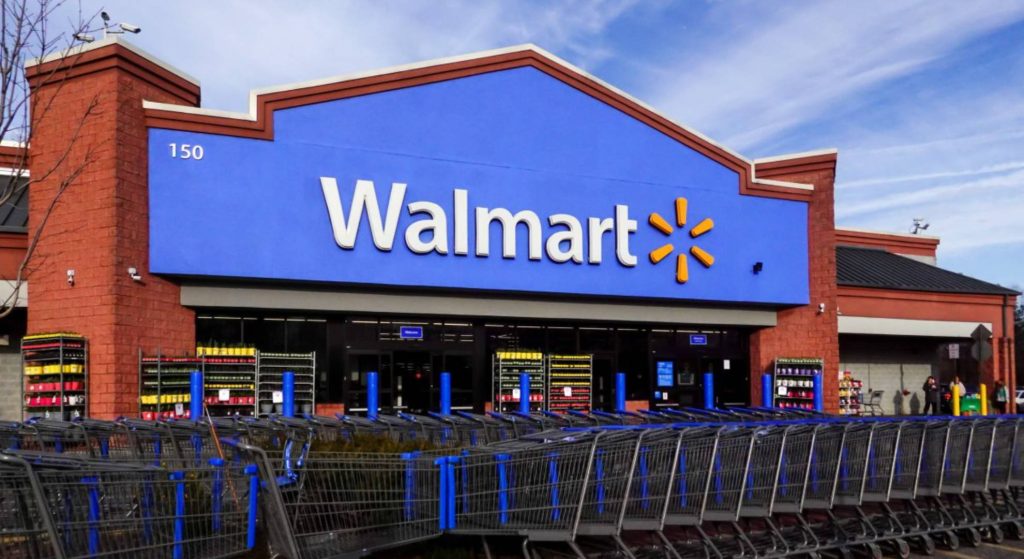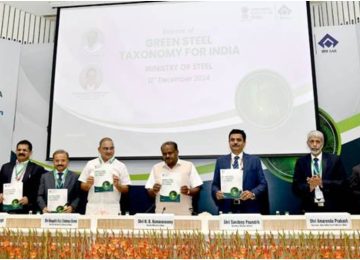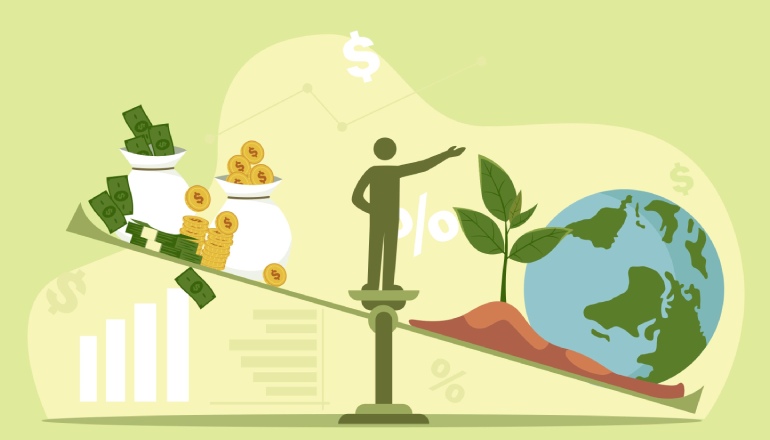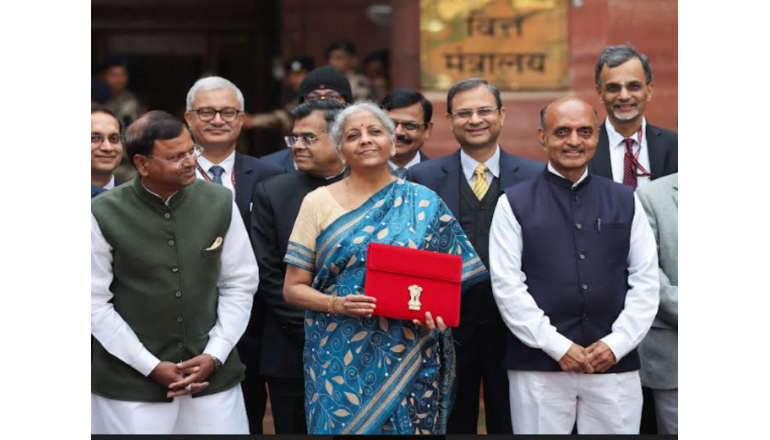Walmart, the world’s largest retailer, has announced a significant shift in its DEI policies.
Walmart is among the list of global giants who could probably set industry benchmarks in diversity, equity, and inclusion (DEI) are either slowing down or scrapping these policies altogether.
This could be because of the aggressive profit targets, or a growing aversion towards ESG initiatives and polices.
In a latest development, the company has rolled back its commitment to an equity racial center established in 2020 after the George Floyd was allegedly killed by the police. It also , and pulled out of a prominent gay rights index.
Also, Walmart will not prioritize treatment for suppliers based on race or gender diversity. This move comes as corporate America navigates the fallout of the U.S. Supreme Court’s ruling ending affirmative action in college admissions.
Walmart, which employs 1.6 million workers in the US., is the largest company to do so. The company will monitor its third-party marketplace items to ensure they don’t feature sexual and transgender products aimed at minors.
Walmart will also review grants to Pride events to ensure it is not financially supporting sexualized content that may be unsuitable for kids. The company will no longer consider race and gender as a litmus test to improve diversity when offering supplier contracts.
Walmart will also stop participating in the Human Rights Campaign’s annual benchmark index that measures workplace inclusion for LGBTQ+ employees.
These changes must also be looked at with a critical eye as these they were announced soon after Donald Trump was declared President Elect. Trump is a known critic of DEI initiatives.
“We’ve been on a journey and know we aren’t perfect, but every decision comes from a place of wanting to foster a sense of belonging, to open doors to opportunities for all our associates, customers and suppliers and to be a Walmart for everyone,” the company said in a statement.
Pamela Prince-Eason, President and CEO, Walmart, said she hoped Walmart’s need to cater to its diverse customer base will continue to drive contracts to women-owned suppliers even if the company has no explicit dollar goals.
“I suspect Walmart will continue to have one of the most inclusive supply chains in the World,” Prince-Eason wrote. “Any retailer’s ability to serve the communities they operate in will continue to value understanding their customers, (many of which are women), in order to better provide products and services desired and no one understands customers better than Walmart.”
Our take:
Many organizations argue that MEI or merit, excellence and intelligence is the alternate recourse for DEI. Both are different approaches to a common goal. And nowhere does any DEI policy vouch for support to people or organizations without MEI. Both we believe are co-related, and must not be separated. It’s just a question of driving the right mindset.












